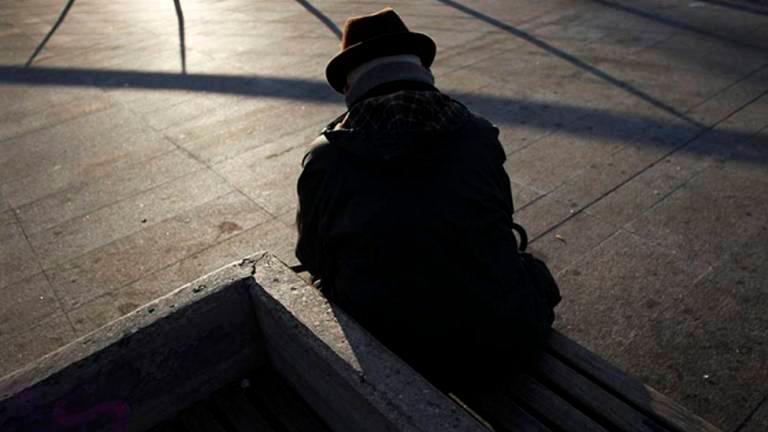PETALING JAYA: Mental health experts fear that the 266 people reported to have committed suicide from March 18 to Oct 30 could be just the tip of the iceberg.
This translates to 30 suicides per month, or one every day since the movement control order (MCO) was imposed on March 18. Debt caused by job losses and family problems were cited as the main factors for the suicides.
Malay daily Kosmos! quoted Bukit Aman management director Datuk Ramli Din as saying 25% of the suicide cases was caused by debt, followed by family problems (24%) and marriage problems (23%).
He added that relationship breakups accounted for 15% while work pressure, hallucinations, mental problems, mass media and drugs contributed 13%.
Ramli said Johor had the most cases at 47, followed by Selangor with 39 and Kuala Lumpur with 28, adding that 78% of suicides involved men.
“Police statistics show 53% of the 266 reported case were mostly aged between 19 and 40. Those aged above 41 accounted for 24% and those between 15 and 18 accounted for 23%.”
Universiti Sains Malaysia lecturer Dr Chooi Weng Tink said the numbers that make up suicide rates were under-reported since suicide is considered a crime.
“Most families may report the cause of death as something other than suicide. A study carried out by my students found that although hospitals were aware of the real cause of death, it was usually ruled as something unrelated as requested by the family members of the victim,” she said.
Internal medicine specialist Datuk Dr Rajbans Singh said: “There are cases that go unreported, so saying the numbers are absolute isn’t exactly accurate.”
Rajbans said society forgets that mental illnesses are just like any other disease and people should stop overlooking these community struggles.
When something such as the current pandemic exacerbates their issues, it tips them over to hopelessness due to a lack of control on finances and emotions. This causes their anxiety and stress to spike, he said.
“Asian culture, unlike Western culture, silences us on pressing matters and we should learn to come out of it by educating people that it is okay to speak about your issues,” he said.
“Signs are not always easy to spot and you would need a close relationship with the person to spot them.”














